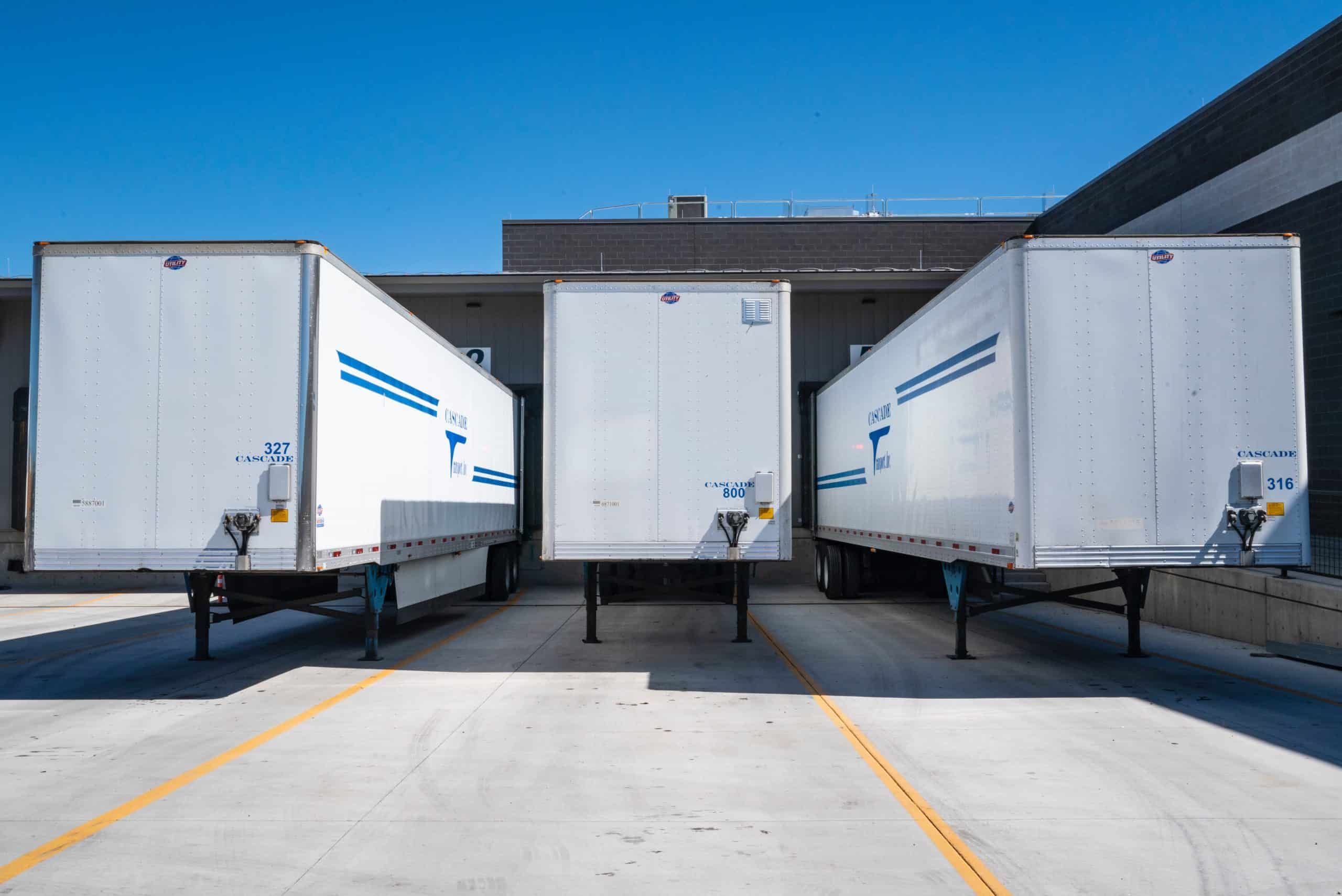Understanding the Basics of Trucking Insurance

Introduction:
Trucking insurance is an essential aspect of operating a successful trucking business. This article provides an overview of the basics of trucking insurance, including the types of coverage available and key considerations for trucking insurance policies.
Primary Coverage:
Primary coverage is the foundation of any trucking insurance policy. It includes liability coverage, which protects against bodily injury and property damage caused by the insured truck. Additionally, primary coverage may include physical damage coverage for the insured truck itself.
Cargo Insurance:
Cargo insurance is designed to protect the goods being transported in the event of damage or loss. It covers the value of the cargo and can provide financial compensation to the owner in case of theft, damage, or accidents during transit.
PD Insurance:
Physical damage (PD) insurance will pay for damages and repairs to your truck so long as they under the umbrella of covered perils. are what us insurance folks call “covered perils.” If your vehicle accident, natural disaster, or incident of theft or vandalism is on that list, then you’re covered.
Workers’ Compensation Insurance:
Trucking companies typically employ drivers and other staff members who may be at risk of work-related injuries or illnesses. Workers’ compensation insurance provides coverage for medical expenses, rehabilitation costs, and lost wages in the event of an employee’s work-related injury or illness.
Factors Affecting Insurance Premiums:
Several factors influence the cost of trucking insurance premiums. These include the truck driver’s experience and driving record, the type of cargo being transported, the distance covered, the truck’s value, and the insurance company’s underwriting criteria. Understanding these factors is crucial for trucking businesses to manage their insurance costs effectively.
Conclusion:
Trucking insurance is a vital component of the trucking industry. By understanding the basics of trucking insurance, trucking business owners can make informed decisions about the types of coverage they need and take appropriate steps to protect their assets, employees, and cargo.